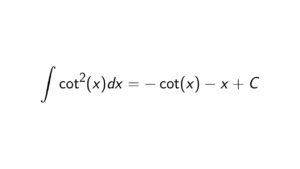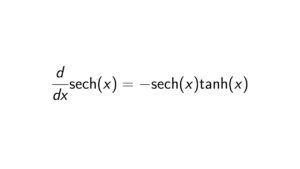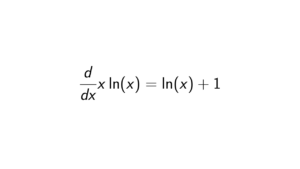\begin{align*}
f: \langle x \rangle &\longrightarrow \langle y \rangle \\
x^k &\longmapsto y^k
\end{align*}Proof. We need to prove four things for the map f, i.e.:
- it is well defined,
- is injective,
- is surjective,
- and is a homomorphism.
\begin{align*}
f(x^r) = f(x^{tn + s}) = y^{tn + s} = y^{tn}y^s = y^s = f(x^s).
\end{align*}The map f is injective. In order to show that it is injective, it needs to follow that if f(x^r) = f(x^s), then x^r = x^s. Notice that y^r = f(x^r) = f(x^s) = y^s, and therefore, y^{r-s} = 1. We apply the same trick as we did when we proved that f is well defined map: r = tn + s for some t \in \mathbb{Z}. Therefore, we get:
\begin{align*}
x^r = x^{tn + s} = x^{tn}x^s = x^s,
\end{align*}The map f is surjective. For each y^k \in \langle y \rangle, there exists an x^k \in \langle x \rangle such that f(x^k) = y^k. Since both groups do have order n, we have already proved the surjectivity.
The map f is a homomorphism. This one is pretty straightforward. Take a,b \in \mathbb{Z}. Then
\begin{align*}
f(x^{a} x^{b}) = f(x^{a + b}) = y^{a + b} = y^{a}y^{b} = f(x^a)f(x^b),
\end{align*}

